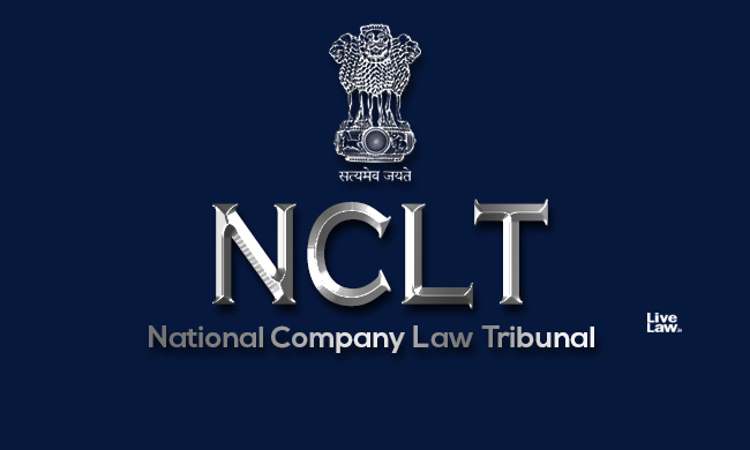NCLT (Judicial) Member Challenges His Transfer In Delhi High Court
Nilashish Chaudhary
30 May 2020 6:04 PM IST

Next Story
30 May 2020 6:04 PM IST
A member (judicial) of National Company Law Tribunal (NCLT) has moved the Delhi High Court against the order transferring him from the Mumbai Bench to the Kolkata Bench of NCLT. The challenge is with respect to two transfer orders, dated April 30 and May 12, through which a number of members posted in various cities were transferred to different cities. This includes the transfer of the...
